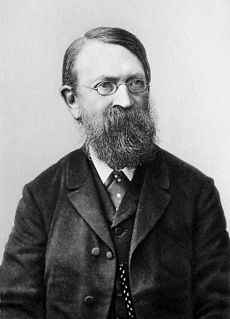Developing high-fidelity accurate machine learning (ML) models for alloy design requires large data sets encompassing the gamut of physical material properties. Typically, properties highly correlated with desirable material behavior (e.g., hardness, toughness) receive the most attention. Due to the quantity of data required for accurate ML training, methods to augment existing data sets must also be robust and capable of high-throughput operation. Towards these requirements, we have developed a dislocation-based framework to calculate the interface energy between a matrix and a precipitate of arbitrary crystal structure. The interface energy is known to have a profound influence on mechanical properties, and consequently its accurate prediction and classification is important for augmenting existing materials data sets. Relying on mechanics and dislocation theory our approach is amenable to high-throughput screening on high performance computing machines and requires significantly less underlying materials data as compared to higher resolution computationally intensive methodologies. We showcase the dislocation-based framework as well as recent developments extending the model to arbitrary crystallographic orientation relationships, material compositions, and temperatures. We also demonstrate how the accuracy of the interface energy calculation can be markedly improved upon with the inclusion of a non-singular continuum theory of dislocations. As a whole, we demonstrate a pathway for augmenting materials data sets for training ML models.

